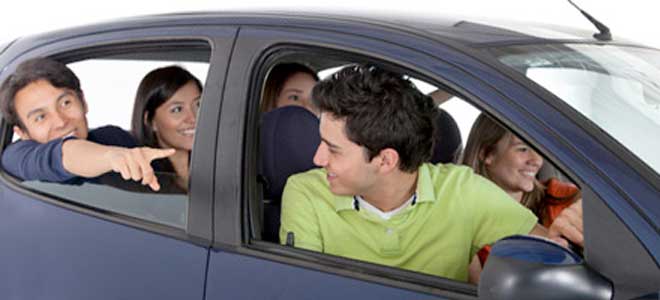Personal injury specialist JMW Solicitors LLP is advising student drivers to familiarise themselves with their new surroundings if they have moved away from home to attend university, by getting to know the local roads.
The Manchester-based law firm has published a comprehensive guide for students on surviving university, which details how to keep safe, avoid prosecution and enjoy time studying at university. As well as sharing advice on driving in a new city, the free downloadable guide offers practical tips on drinking, extracurricular activities and societies, social media and travelling abroad.
Jean Warde, a partner at JMW Solicitors and specialist in road traffic accident claims, highlights some of the challenges that younger drivers may face when dealing with unfamiliar situations and surroundings.
“Towns and cities are full of challenges, particularly for younger drivers, who are going to be less experienced than their older counterparts. If you’ve moved from one area to another to go to university, particularly if that means changing from driving in the country to driving in the city, it is really important to spend a bit of time getting to grips with your new environment.
“Spending some time getting to know the roads in and around your new home, particularly routes to and from places you are likely to visit often, like the university campus, accommodation and the library, will help build confidence in driving and keep focus on the road. You may even want to consider investing in a sat nav if you think you are going to be driving to places you’re unfamiliar with on a regular basis.
“As well as potential new road systems to contend with, student drivers need to be aware of the demands and requirements of different road users, some of which they may not have encountered before or in the volume that they may experience in their new home. My advice is to exercise caution when on the roads if you find yourself in an unfamiliar situation. For example, leave as much room as you are able to between you and other road users, so if something were to happen, you have enough time to react accordingly. This is even more important if it is a wet day, as stopping distances are longer.”









